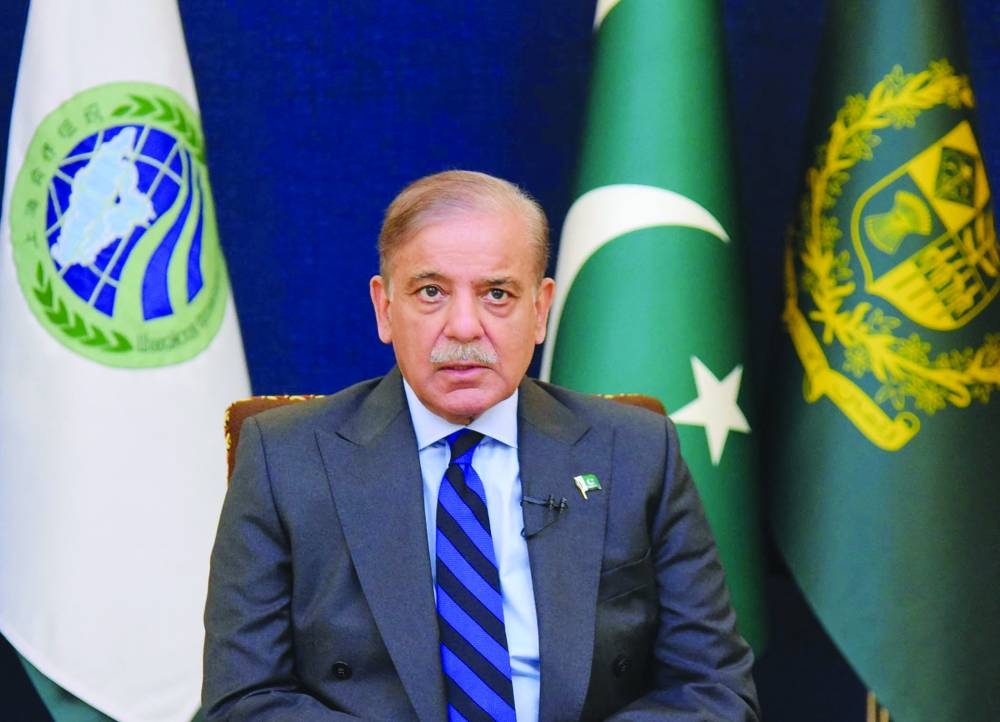Prime Minister Shehbaz Sharif emphasised the condemnation of terrorism, in all its forms and manifestations, using “clear and unambiguous terms.” He expressed this viewpoint during his address at the virtual summit of the Shanghai Co-operation Organisation (SCO), which was hosted by India and attended by countries such as Russia and China.
He highlighted that the SCO member states share a common interest in ensuring peace and stability in the region, which is crucial for economic development worldwide. Sharif stressed the need to fight against terrorism and extremism vigorously, regardless of whether they are perpetrated by individuals, societies, or states. He cautioned against using terrorism as a diplomatic tool and emphasised that there can be no justification for the killing of innocent people, irrespective of the cause or pretext.
Furthermore, the prime minister stated that religious minorities should not be targeted or vilified for domestic political gains. Sharif spoke of Pakistan’s unparalleled sacrifices in combating terrorism, but he also noted that the region continues to face this menace, which poses a significant obstacle to peace and stability. He urged SCO countries to take immediate and coordinated actions, both individually and collectively, to combat terrorism, extremism, and separatism. He emphasised that achieving lasting peace in the region is a common concern and the responsibility of all SCO leaders. Sharif underpinned the critical need for stability in Afghanistan to attain the shared objective. He expressed concern about the current state of the war-torn country and urged the international community to engage meaningfully with the interim Afghan government. He also called upon the Afghan government to take concrete measures to prevent terrorism on its soil. He believed that a peaceful and stable Afghanistan would bring economic benefits to its people and unlock the economic potential of the SCO region, contributing to global peace, security, and progress.
Sharif underlined the role of connectivity in the modern global economy, considering it a vehicle for peace and prosperity. He specifically mentioned the China-Pakistan Economic Corridor (CPEC) and its potential to be a game changer for connectivity and prosperity in the region. He highlighted Pakistan’s strategic location as a natural bridge connecting Europe and Central Asia with China, South Asia, and the Middle East as well as the potential of special economic zones under CPEC as conduits for promoting regional trade.

Pakistani Prime Minister Shehbaz Sharif addresses the 23rd Shanghai Co-operation Organisation Summit, hosted virtually by India, in Islamabad yesterday. (Reuters)
